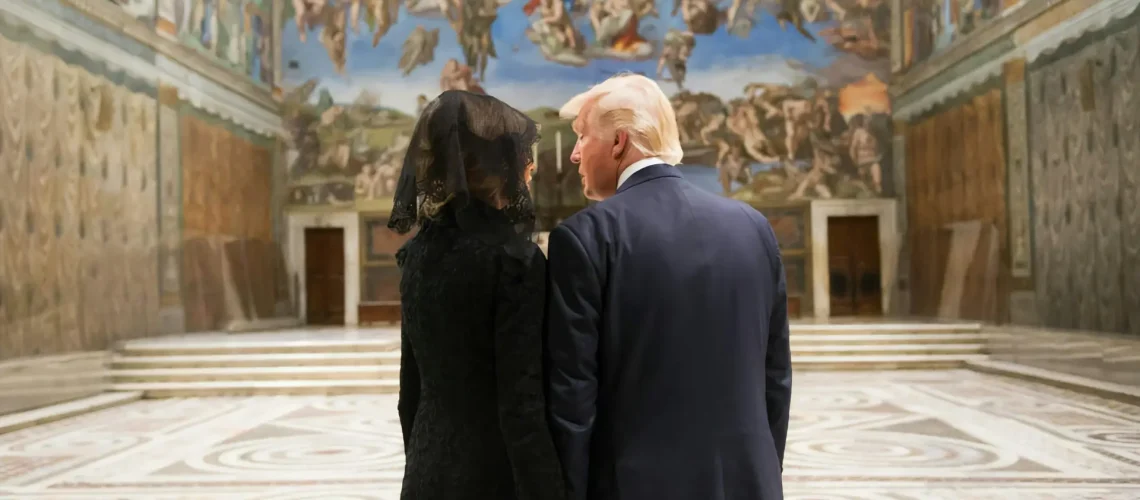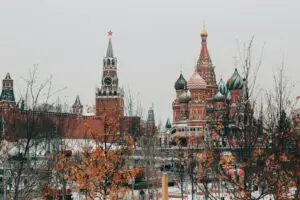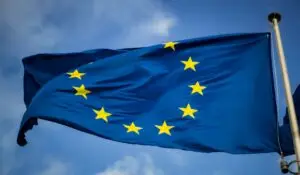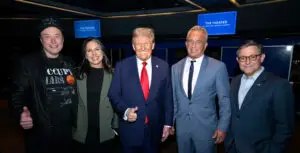In recent years, the increasing influence of ultra-wealthy individuals—often referred to as oligarchs—has become a topic of growing concern. Traditionally, these individuals wielded power behind the scenes, using lobbyists and donations to political campaigns to shape policy. However, today, billionaires are stepping directly into the political arena, fundamentally altering the balance of power and raising significant questions about the future of democracy and governance.
What is an Oligarch?
The term “oligarch” originates from the Greek word “oligarkhia,” meaning “rule by the few.” In modern usage, it refers to extremely wealthy individuals who exert disproportionate influence over political, economic, or social systems. Oligarchies are political systems where power is concentrated in the hands of a small, elite group, often based on wealth, corporate influence, or family dynasties.
Lobbyists: The Hidden Hand of Influence
Lobbyists are professionals hired by corporations, industry associations, or interest groups to influence lawmakers and policymakers. While lobbying is a legitimate part of the democratic process, it can become problematic when it serves the interests of the wealthy at the expense of the broader society.
For example, oil and gas companies have spent billions lobbying against climate change regulations. These corporations, often owned or controlled by a handful of powerful individuals, have successfully delayed or watered down policies aimed at reducing carbon emissions, prioritizing short-term profits over long-term planetary health. Lobbying, therefore, not only amplifies the voice of the wealthy but also enables them to block reforms critical for addressing issues like inequality, environmental sustainability, and public health.
Examples of Political Oligarchs
Around the globe, several billionaires and ultra-wealthy individuals have either entered politics directly or wield significant influence over political systems:
1.Donald Trump (United States): As a billionaire real estate mogul, Trump transitioned from business to politics, becoming the 45th President of the United States. His policies often aligned with his business interests, including tax reforms benefiting corporations and the wealthy.
2.Silvio Berlusconi (Italy): The media tycoon served multiple terms as Italy’s Prime Minister, using his political position to protect his business empire and legal interests.
3.Elon Musk (United States): While not an elected official, Musk has used his immense wealth and influence to sway public discourse and political decisions, particularly regarding space exploration, renewable energy, and social media platforms.
4.Mohammed bin Salman (Saudi Arabia): As Crown Prince, MBS wields immense power over Saudi Arabia’s policies, using the country’s vast oil wealth to project influence globally through investments, diplomacy, and sports.
5.Thaksin Shinawatra (Thailand): The billionaire businessman-turned-Prime Minister faced accusations of using his political position to benefit his telecommunications empire.
6.Gautam Adani (India): Known for his close ties to the Indian government, Adani has faced scrutiny for allegedly leveraging political connections to expand his business empire.
These figures represent a spectrum of influence, where personal wealth directly intersects with political power, often blurring the lines between public service and private interest.
Risks of Oligarchs in Power
The growing presence of oligarchs in politics raises critical concerns:
1.Erosion of Democracy: When policy decisions are influenced by a select few, the democratic principle of “government by the people, for the people” is undermined. Oligarchs prioritize their interests, often sidelining the needs of the majority.
2.Economic Inequality: Policies shaped by the wealthy often exacerbate economic disparities. Tax breaks for the rich, deregulation, and cuts to social programs benefit oligarchs while leaving the rest of society to shoulder the burden.
3.Environmental Consequences: Lobbying by fossil fuel interests demonstrates how oligarchs can stall climate action, prioritizing profit over the planet.
4.Weakened Accountability: Oligarchs in power often create systems that protect their interests, making it difficult to hold them accountable for corruption or misuse of power.
Global Implications
The influence of oligarchs extends beyond national borders. Wealthy rulers like the Emir of Qatar and Saudi Arabia’s Mohammed bin Salman use their vast resources to shape global policies, invest in international ventures, and wield soft power through sports and cultural diplomacy. For example, Saudi Arabia’s hosting of the 2034 FIFA World Cup is seen as an attempt to enhance its global image, despite ongoing concerns about human rights violations.
Can Democracy Survive Oligarchization?
Democracy faces a critical challenge as wealth becomes increasingly intertwined with power. While billionaires argue that their success equips them to lead effectively, their motivations often conflict with the broader public interest. For democracy to thrive, measures must be taken to limit the influence of money in politics, promote transparency, and ensure that policymaking reflects the will of the people.
Conclusion: A Dangerous Trend
The rise of oligarchs in politics is a symptom of a larger issue—economic inequality and the concentration of power. While their wealth and influence can sometimes bring innovation and progress, unchecked oligarchization poses a serious threat to democracy, environmental sustainability, and social justice. The world must grapple with this trend before it becomes irreversible, ensuring that governance serves the many, not just the few.
Photo by History in HD on Unsplash






